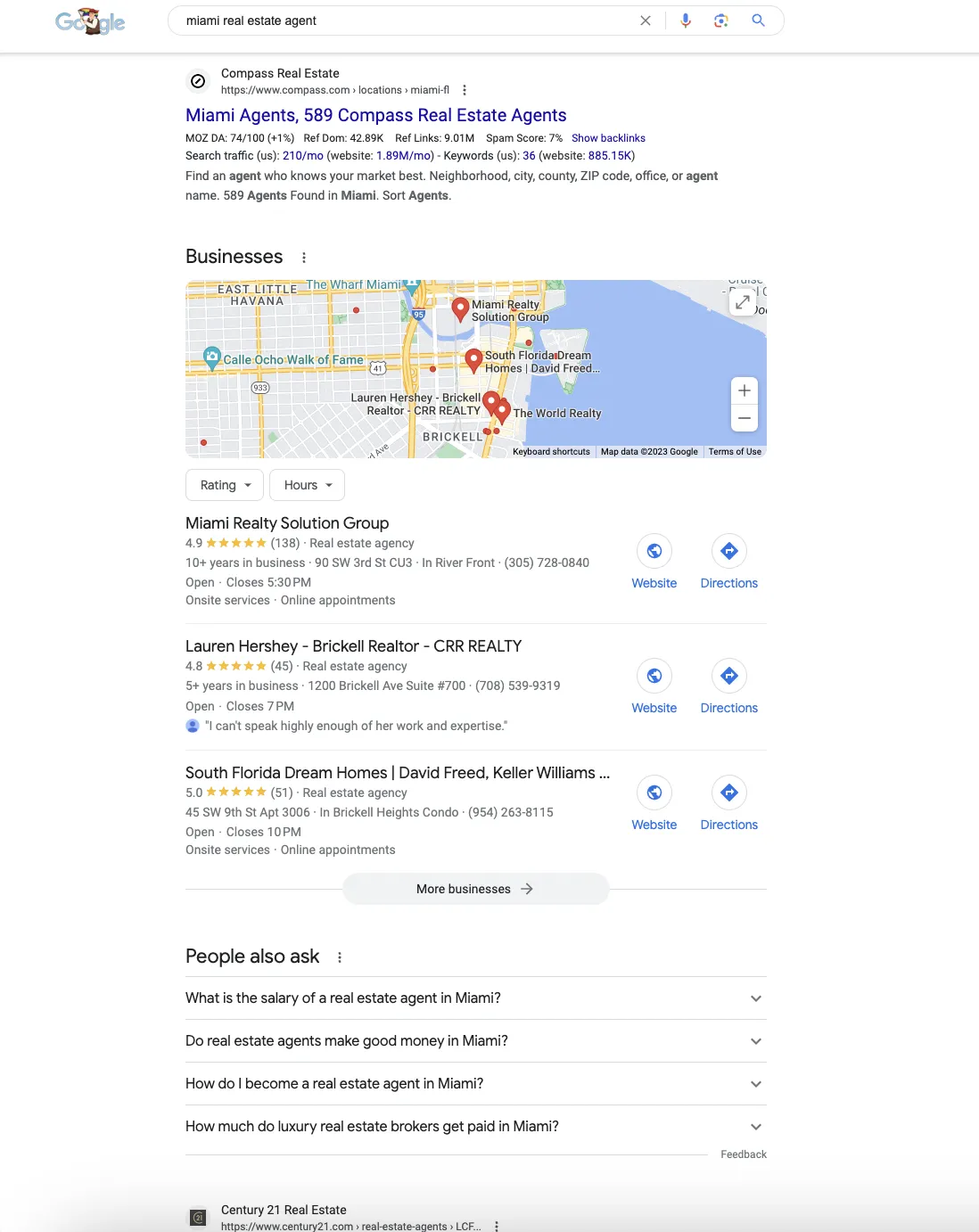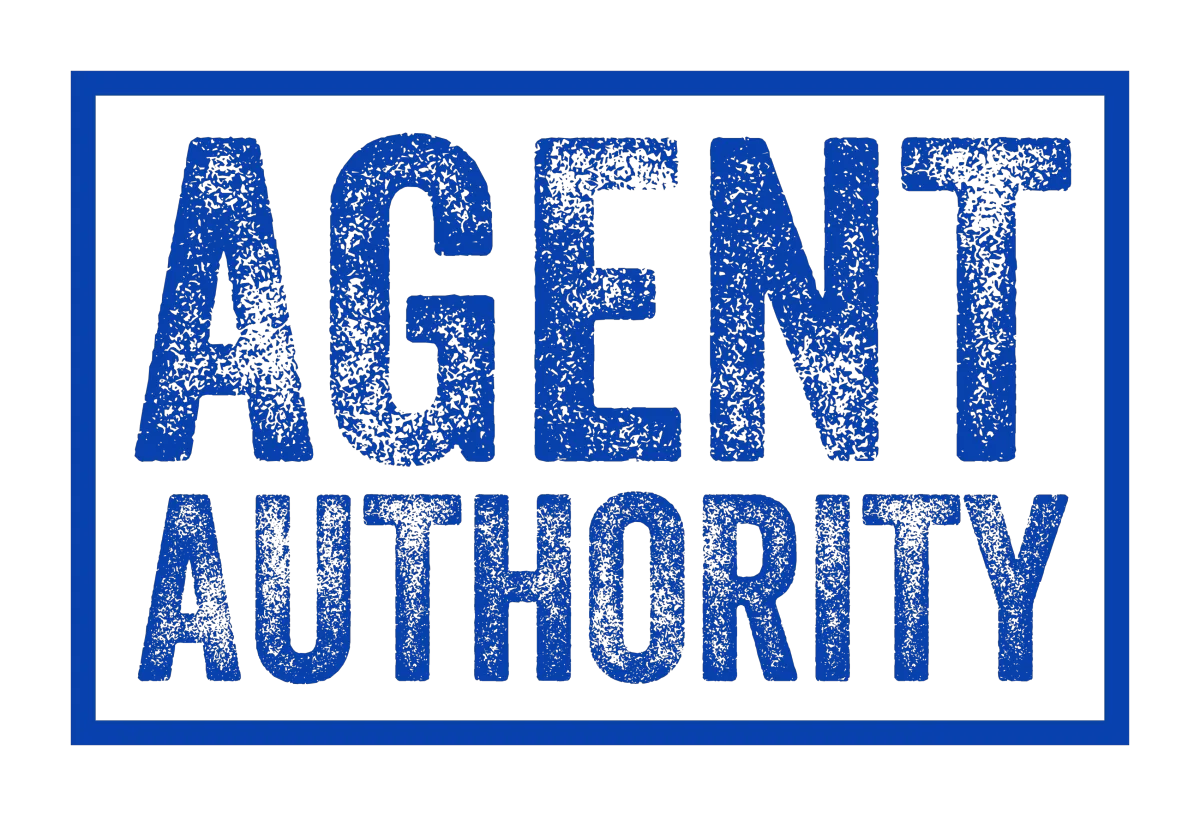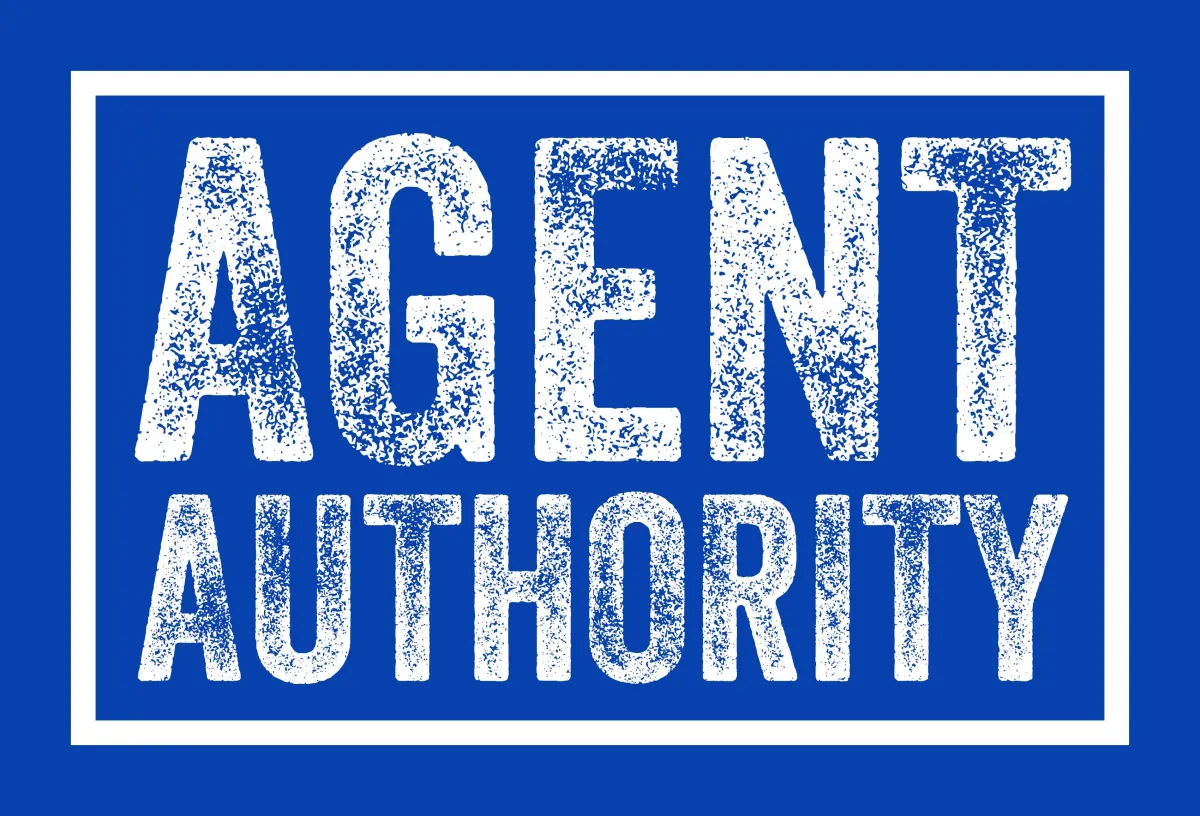GOOGLE ADS FOR REALTORS
HOW TO GET 25 REAL ESTATE LEADS IN 10 DAYS: THE REALTORS GUIDE TO ADWORDS
Generating 25 real estate leads in 10 days through Google AdWords can be a challenging but achievable goal. Here's a step-by-step guide to help realtors maximize their efforts and optimize their AdWords campaigns for lead generation:
Define your target audience: Identify the specific demographics, locations, and interests of your ideal clients. This will help you create highly targeted ads and keywords to reach the right audience.
Conduct keyword research: Use keyword research tools like Google Keyword Planner to identify relevant keywords related to real estate and your target market. Focus on long-tail keywords that are specific and have lower competition.
Create compelling ad copy: Write persuasive and attention-grabbing ad copy that highlights the unique selling points of your services. Include keywords in your headlines and descriptions to improve relevance and click-through rates.
Develop landing pages: Create dedicated landing pages on your website that align with your ad campaigns. These pages should provide valuable information, have clear call-to-actions, and capture lead information through contact forms.
Set up conversion tracking: Install conversion tracking codes on your website to measure the effectiveness of your AdWords campaigns. This allows you to track leads generated and optimize your campaign accordingly.
Optimize your bidding strategy: Choose the right bidding strategy based on your campaign goals. Consider using automated bidding options like Target CPA (cost-per-acquisition) or Target ROAS (return-on-ad-spend) to optimize your bids for lead generation.
Implement ad extensions: Take advantage of ad extensions like call extensions, sitelink extensions, and location extensions. These extensions provide additional information and options for potential leads, improving the visibility and click-through rates of your ads.
Use ad scheduling: Analyze your data and identify the times and days when your ads perform the best. Adjust your ad schedule to increase visibility during those peak periods, which can improve lead generation.
Monitor and optimize your campaigns: Regularly review the performance of your campaigns and make necessary adjustments. Identify underperforming keywords, ads, or landing pages and optimize them to improve conversion rates and lead generation.
Test and iterate: Continuously test different ad variations, keywords, and landing page elements to find what works best for your target audience. Implement A/B testing to compare the performance of different ads and landing pages.
Utilize remarketing: Set up remarketing campaigns to target individuals who have previously visited your website. This can help reinforce your brand, increase conversions, and generate repeat leads.
Monitor your budget: Keep a close eye on your budget and adjust it as needed to ensure you're allocating sufficient funds to generate the desired number of leads within the specified timeframe.
Remember, successful lead generation through AdWords requires ongoing monitoring, optimization, and experimentation. It's crucial to analyze your campaign data, make data-driven decisions, and refine your strategies to achieve your desired results.
WHAT IS GOOGLE ADWORDS?
Google AdWords is Google’s advertising cash cow used by millions of companies to advertise their products and services.
It’s a very effective channel that works for a lot of different types of businesses in both the B2C and B2B spaces.
For the real estate industry, it’s one of the most effective channels to generate high-quality leads for both residential and commercial space.
Here’s the definition from Webpoedia
“AdWords (Google AdWords) is an advertising service by Google for businesses wanting to display ads on Google and its advertising network. The AdWords program enables businesses to set a budget for advertising and only pay when people click the ads. The ad service is largely focused on keywords.”
There are two main networks in which you can advertise on Google.
Search Engine Marketing and Google Display Marketing.
For this article, we’ll only focus on search engine marketing.
IS ADWORDS A GOOD STRATEGY FOR MY REAL ESTATE BUSINESS?
It depends.
There are certain things you have to have in place before you start any campaign. I wouldn’t recommend AdWords for all real estate businesses.
If you live in a city that has less than 200,000 people than they’re might not be enough search volume. If you are a niche agent, then there might not enough people looking for your services. Some additional questions that can guide you and see if AdWords is a fit for your business
Do you have the infrastructure in place to handle inbound calls?
Do you return inbound missed calls promptly?
In the bigger and more competitive markets (like Miami and NYC) do you have a few thousand dollars to spend per month to compete with other real estate businesses who are using AdWords?
All these questions should be a yes. If you answer no to any of these questions than AdWords might not be a fit for your real estate business.
How does Google determine if your ad will be shown?
Ad Rank is determined by the quality score and the CPC (cost per click) bid.
WHAT ARE KEYWORDS?
Keywords are ideas and topics that define your content. They are also known as “search queries.” When a person searches on Google a topic with different keywords they will get 3 types of results.
Those at the top of the search results are where the ads are shown, those in the middle with the map results, and those at the bottom which consists of the top 10 organic results.
When I search for “Miami real estate agent” I get the top 4 results being ads, the next three belong to the local search pack, and the bottom 10 are the organic results.
Are you seeing the power of AdWords? You can instantly get to the top of the search results within 24 hours of starting a campaign.

SET UP ADWORDS
One of the biggest mistakes is bidding 10-20 keywords in a single ad group.
It’s actually recommended by Google themselves.
You should ignore Google’s advice when setting up your AdWords campaign. They recommend keywords that “broadly match” your target. These keywords are sometimes very expensive and will send you untargeted traffic.
It’s best keeping Ad Groups small and narrowly defined. You should only use “phrase match” and “exact match” when setting up your bids.
The two most important things to focus on are Clickthrough Rates (CTR) and Quality Score (QS).
UNDERSTANDING KEYWORD INTENT
There are three types of search query:
Informational – searches performed to answer questions or learn something
Navigational – searches performed to locate a specific websiteTransactional – searches performed to buy something
Commercial intent keywords are transactional keywords. They signify a strong intent on part of the searcher to make a transaction. These searches are the top of the buying cycle. These keywords are usually the most expensive. These are the keywords that you should focus on when creating your campaign.
Some great examples in the real estate space are:
“commercial real estate company””luxury real estate agent””real estate company””real estate agents”
A quick note, some of these keywords will fit both commercial and residential. For example, when someone searches for “real estate agent” 90% of the time they are going to be a homeowner. The other 10% of the time they’ll be a commercial property owner.
In order to maximize your results, you should target both residential and commercial with an emphasis (budget spent) on whichever you want to grow.
NEGATIVE KEYWORDS
To make sure that your ads are only shown to people at the top of the buying cycle you can also create a list of negative keywords.
This will exclude people that are only fishing for information and not searching for a solution to a problem. You can also exclude services that you don’t provide.
For example, if you don’t do sell Co-ops then you can exclude people that are searching for that keyword.
WRITE GREAT ADS
You should follow this formula when writing your ad:
Headline: Include keyword in headline Description line 1: Talk about benefits and features. Description line 2: Talk about benefits. Call to action! Display URL: YourDomain.com/Keyword
Headline
One thing to keep in mind when writing a headline is that the more specific it is the higher conversion rates will be. People are skeptical online. They will tend to believe a specific number vs. a general number. For example, $17,678 is a lot more credible than $20,000.
Phone Number
Use a local phone number for your ads. The chances of a phone call will double if the number is a local number
LANDING PAGE
Once you’ve done the keyword research and have written great ads it’s time to send the traffic to a simple website called a landing page.
Don’t make the mistake of sending your traffic to your website. Your website is not designed for PPC (pay-per-click).
Your website is supposed to be like a business card that contains general information about your business.
A landing page is a simple one-page website that contains specific information on a single topic.
There are two things your landing page should have:
conversion focused design
benefit driven copy.
A conversion focused design means that your landing page should not have outbound links and should direct the visitor to a single call to action.
Some additional things that will help you increase conversions include:
Call To Action (CTA button) above the fold
Trust Seals
Testimonials
BENEFIT DRIVEN COPY
The copy in your landing page should be written with the visitor’s perspective in mind. What’s in it for them? How is your business any different from all the other real estate agents in your city/town?
Some questions that can guide you in writing the copy include:
What’s your Unique Selling Proposition?
A USP is that distinct and appealing idea that sets you and your business, or practice, favorably apart from every other generic competitor. The long-term marketing and operational successes I help you achieve will, ultimately, be helped or hurt by the USP you decide upon.
What are your special offers that we can use for compelling ad copy? Some of these can include a free estimate, free list of homes, buyers guide, sellers guide, etc..
OPTIMIZATION AND A/B TESTING
The campaign is up and running and it’s time to optimize.
Some optimization tricks include:
Single Keyword groups (SKG)
Dynamic Text Replacement
Optimizing for sales and not conversions
SINGLE KEYWORD GROUPS
Most marketers use ad groups with multiple keywords. Single keyword groups can help you increase conversions. It’s a pain in the ass to set up sometimes but it’s worth it.
DYNAMIC TEXT REPLACEMENT
Having dynamic text replacement on your landing page is crucial in maximizing your results. The way it works is that the text on your landing page changes depending on the keyword the person searched for.
This makes your landing page more relevant to the results the person is looking for. This text will allow the search results to match the ads which will match the text on the landing page.
Unbounce has this feature on their software. I don’t use Unbounce I use Clickfunnels. On Clickfunnels you have to use a piece of code and insert it into the landing page.
On AdWords you can create your the Urls by using a structure like this:
[landing page URL]?[parameter]={KeyWord:DefaultText}
KEYWORD CONVERSION GROUPS
Call tracking software like CallRail allows you to track which keywords generated the lead. You can use this data to optimize which keywords generate the most sales.
After testing for a few weeks you should know which keywords are the most profitable. You should not optimize for conversions but optimize for sales.
So, if you know a certain keyword has a lower conversion rate but you’ve gotten more sales from it, then you should increase the bid for those keywords.
CONCLUSION
Google AdWords can provide almost instant results to your real estate business. There are a lot of different factors to consider before starting a campaign.
Depending on the size of your city there might not be enough people searching for your services in smaller cities. After the first month there a few things you can do to help you improve your campaign.
It takes about 3 months of testing and optimizing to fully see the results of the campaign. Be patient. This is a long term strategy with the potential of instant results.
Have you used AdWords in your roofing business? What was your experience?
LEAVE A REPLY
Your email address will not be published. Required fields are marked*

